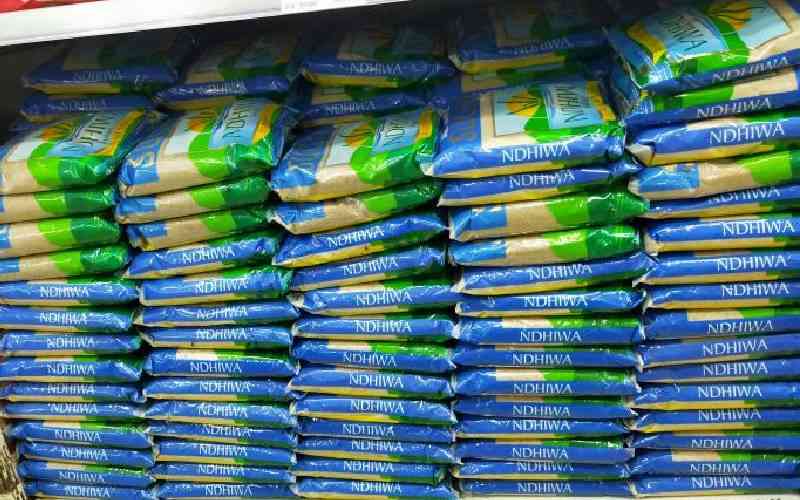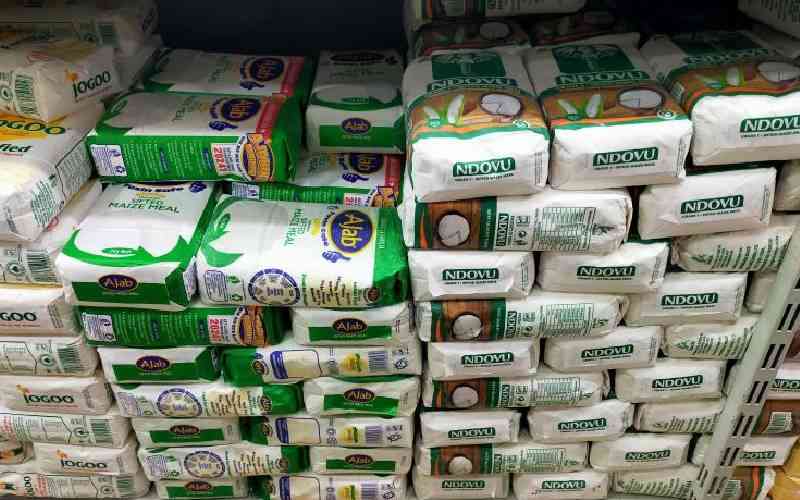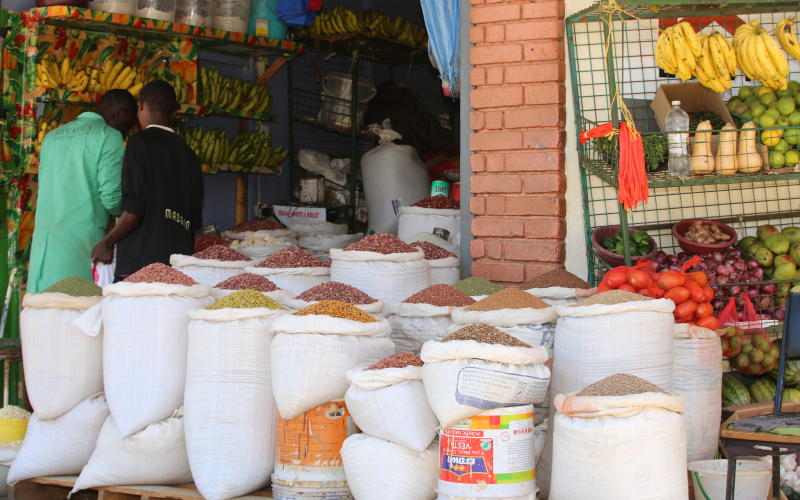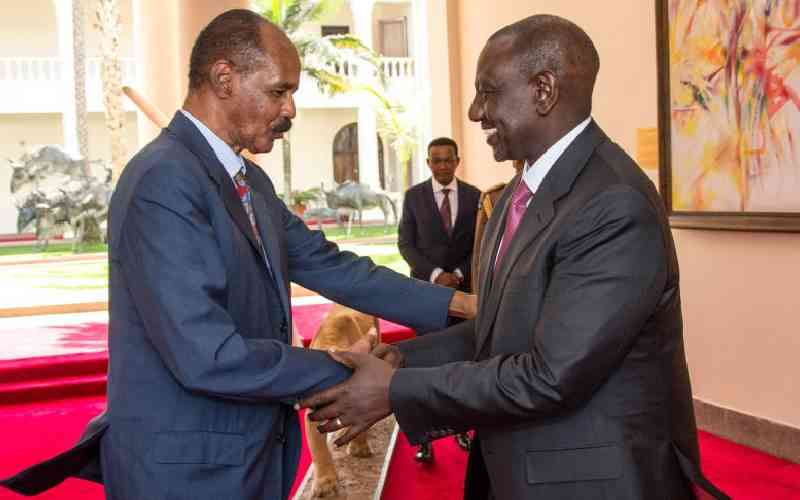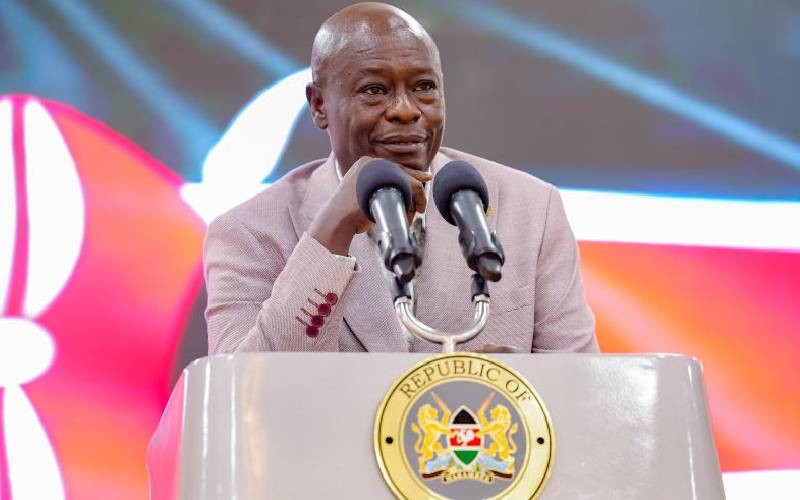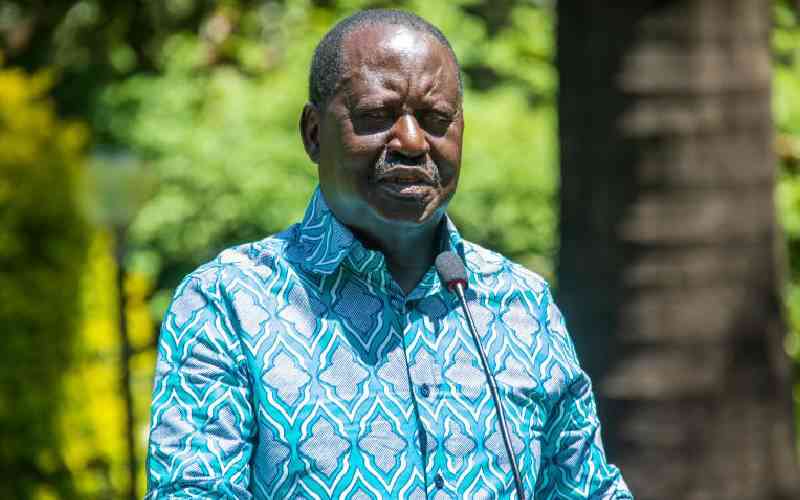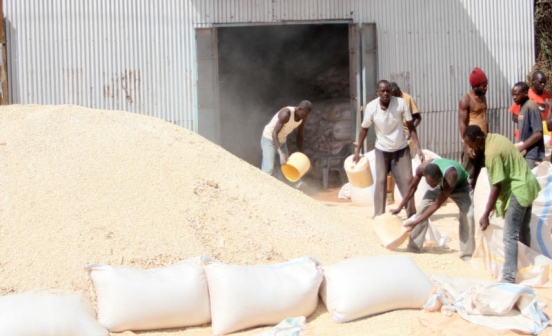
A cargo ship docked at the Port of Mombasa Thursday to deliver nearly 30,000 metric tonnes of maize to boost local stocks and push down retail prices of flour.
The Government said the maize was imported from Mexico and another consignment of 30,000 metric tonnes is expected in two weeks.
Authorities, however, clarified that the initially reported figure of 60,000 metric tonnes was an “error.”
As the consignment arrived the spotlight on the perennial cycle that has been the country’s battle with rising food prices, the attendant politics and inevitable maize importation that in some instances had exploded into a scandal.
The crisis is as old as the country-in 1966 a maize commission of inquiry was formed to investigate mismanagement of the country’s staple food and the commission, which criticised a Cabinet minister, handed its report to President Jomo Kenyatta.
Rising prices
And in 2008, the National Assembly passed a motion asking the Government to regulate the rising prices of essential commodities like maize flour, sugar, milk, rice, cooking fat, again, on the back of public protests.
Thursday, Government spokesman Eric Kiraithe announced that the shipment will lower the price of maize flour.
“As the nation continues to recover from the ravages of severe drought, the Government would like to appeal to farmers, food manufacturers and other stakeholders in the food value chain not to engage in unfair business practices such as hoarding which creates artificially enforced shortages for the purpose of profit from the drought. Such practices are illegal and amount to economic sabotage,” said Kiraithe.
Workers at the port expected that the commodity would be offloaded starting 7pm and would not be complete until Monday evening.
Heavy rains at the Coast and a rough sea mean the offloading would take four days, rather than two days.
Top Government officials anticipate that the maize, imported duty-free, would ease the retail prices of Unga to below Sh115 for a two-kilo packet, from the current Sh160.
Arrival of the maize would offer major relief for millions of Kenyans currently battling starvation amid soaring food prices.
But it is the timing of the delivery that raises fresh questions why the State had not taken earlier interventions to stave the ravaging hunger and soaring unga prices.
Stay informed. Subscribe to our newsletter
With just about 90 days to the August elections, Thursday’s arrival of the staple marks a repeat of an all too common trend.
Kenya allowed duty-free maize importation until August to deal with the current food crisis. There have been fears that vicious cartels controlling the pricing of maize flour exploit the nation’s desperation to reap immoral profits from the trade.
And like in past elections, these upcoming polls have been preceded by a drought where the production of most commodities including maize has shrunk.
Then prices rise steadily with fears that people along the supply chain could be hoarding the products to manipulate the markets.
The Government, as usual, takes too long to take remedial measures to contain the price escalation before well-connected individuals – hiding behind shoddy companies speedily import the commodity to take advantage of the sky-high profits.
Duty-free
It was clear that the current shortage was foreseen considering that the food reserves and consumption are known in advance.
But the decision to allow duty-free importation of maize came too late, in early April, when prices had spiralled out of control and millers left smiling.
The poorest in society are paying a huge price through the high cost of basic foodstuff in what has become to be known as the politics of Ugali.
Sugar is also in very short supply with current prices being at least double where they were last May, in an engineered scarcity and subsequent price manipulation.
Already, Unga is a hot political subject which the Opposition coalition has chosen in their campaign meetings because food is an emotive topic that the poor masses identify with. In recent meetings, supporters of Opposition leader Raila Odinga chanted “unga! unga!” when he rose to speak about the rising cost of living.
He has often compared Unga prices in March 2013 – before Jubilee administration took office, and now in trying to pass his message.
President Uhuru Kenyatta promised last Friday that the prices of Unga will fall through subsidies that will be in a yet-to-be drafted supplementary budget.
What that means is that the State will be paying millers money equal to the subsidy intended.
But the Government can only re-allocate from other intended uses.
“I expect Treasury Cabinet Secretary Henry Rotich to use this Bill to control the high cost of living and this must translate to the common man. I expect the minister to introduce key measures that will have an impact on the ordinary person. We also expect him to present to Parliament the supplementary budget estimates II where he will be asking this House to reallocate resources from non-core areas to the emergency that we are facing today, so that he can provide resources to subsidise key sectors that impact on food items in order to reduce the cost of living,” said National Assembly Majority Leader Aden Duale on Wednesday during debate on the Finance Bill.
Impoverished regions have been granted relief food in the past from the Strategic Grain Reserves with leaders using the gesture as a campaign tool where the vulnerable households have been promised more aid if they vote in specific people or parties.
In the past elections as well, prices of unga and other basic commodities shot up inexplicably, lending support to the argument that politicians are using the commodity as a campaign tool. Ordinary Kenyans are now used to the narrative that the cost of living must rise before elections are held even though no explanation is given. Sophia Mukei, 58, who lives in Nairobi’s Mukuru slums told The Standard that “we are used to it. It is normal for prices jump.”
After the disputed 2007 presidential elections, the coalition government ran into public protests over rising food prices. To calm the rising discontent, the government headed by President Kibaki and Prime Minister Raila Odinga introduced two brands of maize flour: One retailing at Sh52 for a two kilogramme packet and another Sh72.
The arrangement to have millers secure subsidised maize from the national grain stores in a bid to reduce the retail prices was undermined by corrupt businessmen. Powerful unscrupulous traders allocated themselves many bags that millers had to pay a fortune to access which eventually beat the purpose of the scheme.
Regulate prices
Later, the National Assembly passed a motion to control prices of essential commodities.
“This House urges the government to urgently step in and regulate the prices of these commodities in order to save the common mwananchi from unscrupulous traders,” read the motion sponsored by Mathira MP Ephraim Maina. It received overwhelming support from MPs.
Then, like today, Parliament had earlier been asked to approve a supplementary budget allowing government to import maize.
As far back as 1966, then President Jomo Kenyatta formed a commission of inquiry on maize to determine why prices had risen too fast. In its report, the commission accused Paul Ngei, then Minister of Cooperatives and Marketing, of conflict of interest in his tenure as chairman of the Maize Marketing Board.
He was linked to Uhuru Millers, a firm in Tala Market, run by his wife, Emma Ngei and which secured permits to move maize. On June 25, 1963, Ngei, then a member of the board, had applied for registration of Uhuru Millers. The inquiry recommended that accurate timing of decisions concerning changes in price and production trends is vital to an efficient maize control policy.
[email protected]
 The Standard Group Plc is a
multi-media organization with investments in media platforms spanning newspaper
print operations, television, radio broadcasting, digital and online services. The
Standard Group is recognized as a leading multi-media house in Kenya with a key
influence in matters of national and international interest.
The Standard Group Plc is a
multi-media organization with investments in media platforms spanning newspaper
print operations, television, radio broadcasting, digital and online services. The
Standard Group is recognized as a leading multi-media house in Kenya with a key
influence in matters of national and international interest.
 The Standard Group Plc is a
multi-media organization with investments in media platforms spanning newspaper
print operations, television, radio broadcasting, digital and online services. The
Standard Group is recognized as a leading multi-media house in Kenya with a key
influence in matters of national and international interest.
The Standard Group Plc is a
multi-media organization with investments in media platforms spanning newspaper
print operations, television, radio broadcasting, digital and online services. The
Standard Group is recognized as a leading multi-media house in Kenya with a key
influence in matters of national and international interest.



